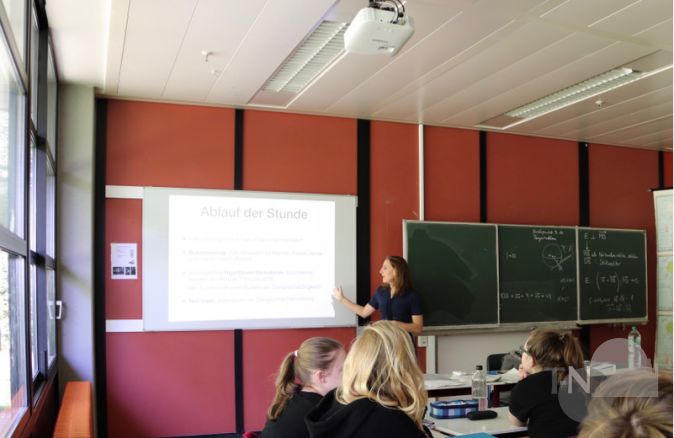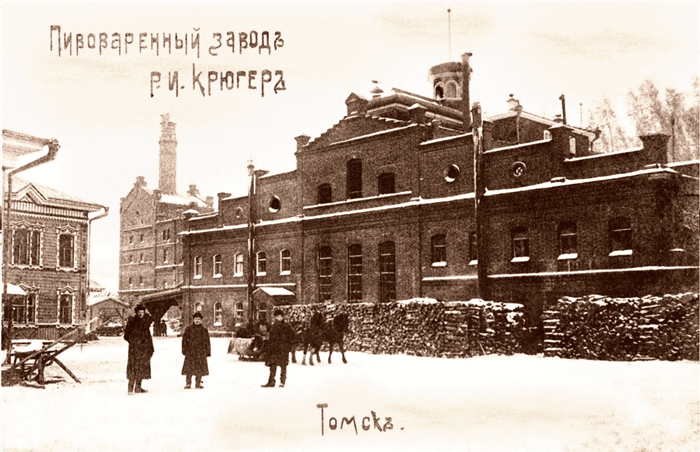The Alter Schlachthof memorial in Dusseldorf
"What makes the anti-Semitism of the Third Reich something completely new and unique is threefold. Once: the epidemic flares up, and more blazing than ever, at a time when it seems to belong to the past as an actual epidemic long ago and forever. I mean it like this: before 1933, there were still anti-Semitic outbreaks here and there, just as there were occasional cases of cholera and plague in European harbors; but just as it was certain, or believed to be certain, that the city-destroying epidemics of the Middle Ages would no longer occur in the cultural world, so it seemed quite impossible that there would once again be deprivations of rights and persecutions of Jews of the medieval kind. The second uniqueness besides the monstrous anachronism is that this anachronism by no means comes in the garb of the past, but in the highest modernity, not as a popular uprising, as a frenzy and spontaneous mass murder (although in the beginning spontaneity was still pretended), no, in the highest organizational and technical perfection; because whoever today remembers the murder of the Jews in retrospect, thinks of the gas chambers of Auschwitz. The third and essential novelty, however, consists in basing the hatred of Jews on the idea of race." (Viktor Klemperer, LTI – Notebook of a Philologist, 1946, quoted from the revised 26 published by Reclam. Edition 2016)
What ended in Auschwitz, in Sobibor or in Majdanek, in Riga and in Babij Jar, began in middle-class German towns. It began with deportations visible to all inhabitants of German cities, and many were actively involved. It happened in places, some of which can be visited today as places of commemoration and remembrance.



